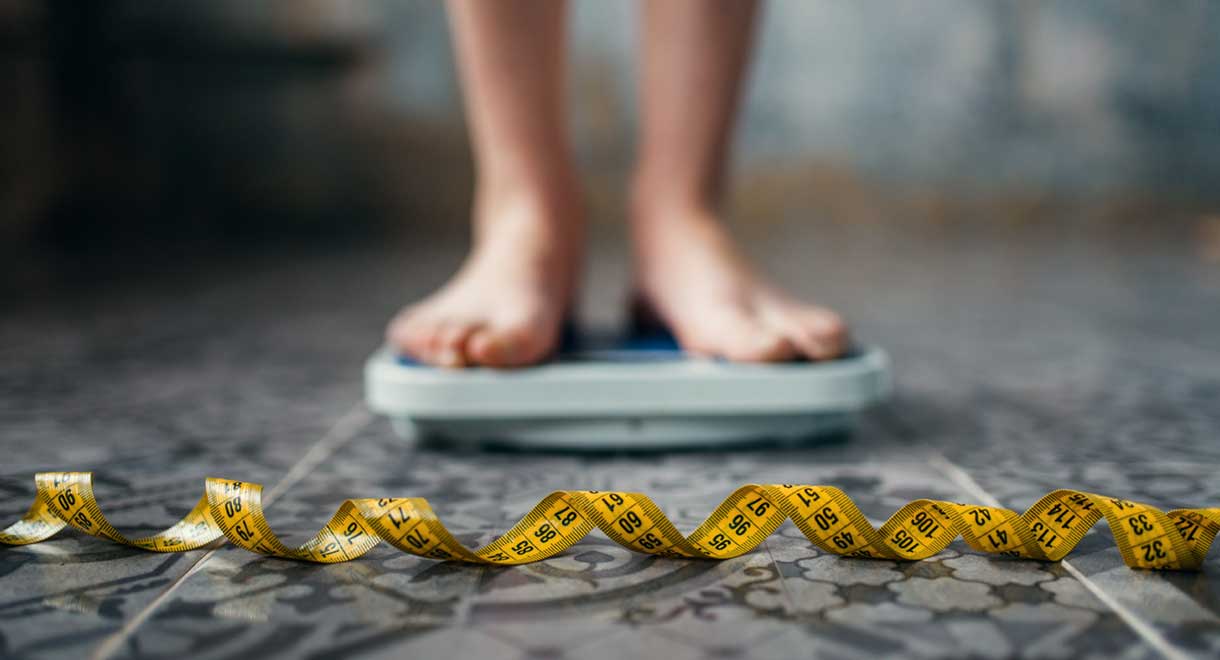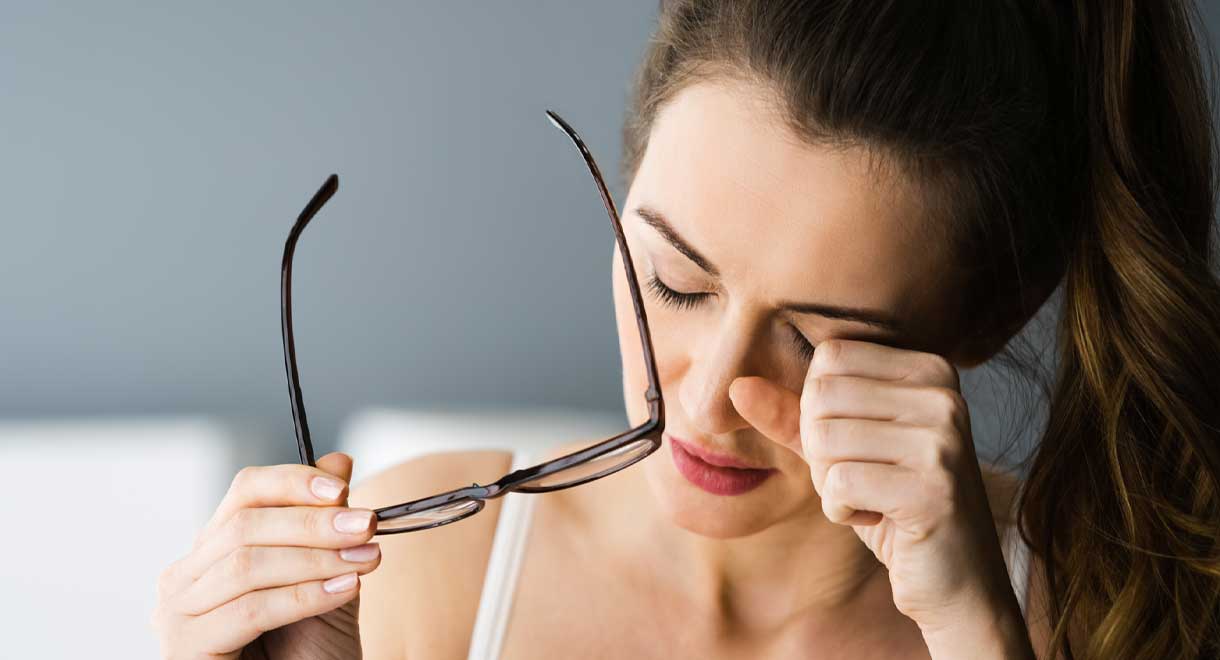What to do if you’ve had your thyroid removed
By naturopath Margaret Jasinska
Surgical removal of the thyroid gland is referred to as thyroidectomy. It is a fairly common operation and I see many such patients at our clinic. Sometimes the patient comes for help with their thyroid hormones, and other times they are there for a completely unrelated health matter.
In some instances the entire thyroid gland is removed, while in other cases only part is removed. The thyroid gland may be removed due to thyroid cancer, enlargement (a goitre) or an over active thyroid gland caused by nodules in the gland. These nodules are called “hot nodules” because they over produce thyroid hormones. The thyroid can become over active as a result of Graves’ disease or hot nodules. Cancerous thyroid nodules are often referred to as cold nodules because they don’t produce excess hormones.
Looking after your health following thyroidectomy

After a total thyroidectomy, it will be necessary to take thyroid hormone replacement pills; either synthetic hormones or natural hormones for the rest of your life. It may take some time to get your dosage of thyroid hormone right, as hormone levels tend to fluctuate for some time after the thyroid gland is removed. This means many of our patients experience fatigue following surgery.
Certain nutritional supplements can be immensely helpful to overall wellbeing; particularly improving energy levels and making it easier to lose weight. A lot of my patients who have had their thyroid gland removed feel quite confused about which supplements they should and shouldn’t take.
Surgery is a shock and stress to the body. This can cause hormone levels to fluctuate and it can take some time to normalize thyroid hormones. That means it is important to have regular blood tests in the months following thyroidectomy and we recommend every month for the first 6 months. During this time, your thyroid hormone prescription may need adjusting.
Can it be helpful to take T3 as well as T4?
Yes. The most commonly prescribed thyroid hormone after thyroidectomy is thyroxine, also known as Oroxine or Eutroxsig. This is the thyroid hormone T4 which contains 4 molecules of iodine. T4 is not a very active hormone. In order to gain the benefits of thyroid hormone, your body must convert T4 into its active form, which is T3 which contains 3 molecules of iodine.
Many people do not perform the conversion of T4 to T3 very well, and consequently they continue to feel unwell and not be able to lose weight despite taking T4 medication. This is most commonly due to nutrient deficiencies, poor liver health or poor gut health.
Most conversion of T4 into T3 occurs in the liver, and having a fatty liver, or a liver that isn’t ideally healthy, can compromise this conversion step. Having high levels of inflammation in the body, such as that caused by autoimmune disease can also impair the production of T3 and the action of T3 at the receptor site.
T3 is present in porcine thyroid hormone extract. T3 can also be taken individually or can be combined with T4 in capsule form. These various thyroid hormones all require a doctor’s prescription.
For more information see our books Your Thyroid Problems Solved and Healing Autoimmune Disease: A plan to help your immune system and reduce inflammation.
Selenium helps to support healthy thyroid hormones. You can improve your overall health, wellbeing and energy level with the Dr Cabot 15 Day Cleanse. It works on improving gut, liver and immune health.
If you have questions about which thyroid hormones and which nutritional supplements are right for you, please contact us.









Leave A Comment